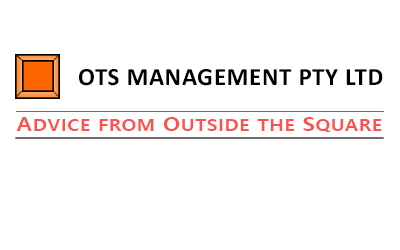For many Indigenous corporations, there is a huge gap between what management knows should be done, and what actually gets done.
Substantial management time is taken, particularly in administrative matters, reinventing the wheel, doing the same thing in different ways, taking longer to do something that was done efficiently yesterday, and making mistakes along the way.
But imagine if your corporation were a business franchise. Have you ever seen a good franchise like McDonald's or Coffee Club produce different products from store to store? No matter where you go or when you go, everything happens exactly the same way, taking exactly the same time, producing exactly the same result.
How do you get those outcomes for your corporation?
(more…)...
Read more
Create Systems and Procedures for Your Office






